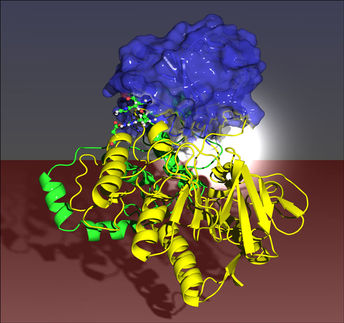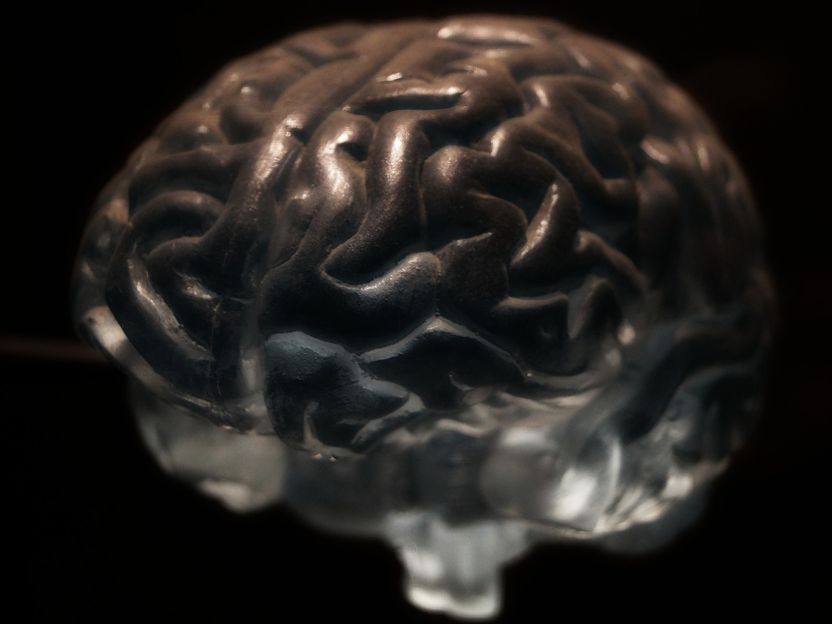Faster method to create antibodies for disease research
British scientists are pioneering a new technique to produce large numbers of antibodies quickly and reliably to help the study of dangerous bacteria. The research, funded by the biotechnology and Biological Sciences Research Council (BBSRC), is a critical area for study as bacteria such as streptococcus cause deadly blood infections and 'flesh eating bug disease'.
Traditional methods of producing antibodies for research are slow and laborious and pose a significant bottleneck to proteomics research as they can take months of effort. This research offers a potential solution that could produce antibodies in just weeks. Antibodies are vital to the study of proteins as they can bind specifically to a protein of interest and enable researchers to identify, count and track the protein in vitro and in vivo. The study of proteins is important to almost every area of biology as they are often the targets for vaccines, the raw materials for bioprocessing or are employed as environmental biomarkers.
The researchers from Imperial College London at Hammersmith Hospital discovered that a large proportion of antibodies created in response to synthetic peptide immunisation bind to the end of a peptide known as the C-terminus. The unique way that it is presented means that the antibodies will only bind to proteins that contain a precise sequence in their C-terminus.
Dr Rob Edwards, the research leader at Imperial College London, said, "The fact that the antibodies only bind to proteins with the specific sequence in their C-terminus means they are incredibly specific. We started looking at antibodies raised against simple peptide chains comprising just 5 amino acid residues and found that every one these bound only to the target protein."
Dr Edwards commented, "New research in proteomics has already identified thousands of proteins that may be important. We need to be able to study them at a higher rate than we can currently. This new method is a simple way of creating libraries of specifically binding antibodies to aid in such studies. To demonstrate the application of the method we have produced antibodies against a group of bacterial proteins in just a few weeks. Using traditional methods this would have taken several years."
Dr Edwards is proving the effectiveness of the new technique through an existing collaboration with Dr Shiranee Sriskandan at Imperial College London to characterise novel proteins produced by Streptococcus pyogenes. By creating specific antibodies to S. pyogenes virulence factors the scientists are taking the first step in developing drugs and vaccines against the organism.
See the theme worlds for related content
Topic world Antibodies
Antibodies are specialized molecules of our immune system that can specifically recognize and neutralize pathogens or foreign substances. Antibody research in biotech and pharma has recognized this natural defense potential and is working intensively to make it therapeutically useful. From monoclonal antibodies used against cancer or autoimmune diseases to antibody-drug conjugates that specifically transport drugs to disease cells - the possibilities are enormous

Topic world Antibodies
Antibodies are specialized molecules of our immune system that can specifically recognize and neutralize pathogens or foreign substances. Antibody research in biotech and pharma has recognized this natural defense potential and is working intensively to make it therapeutically useful. From monoclonal antibodies used against cancer or autoimmune diseases to antibody-drug conjugates that specifically transport drugs to disease cells - the possibilities are enormous



















































